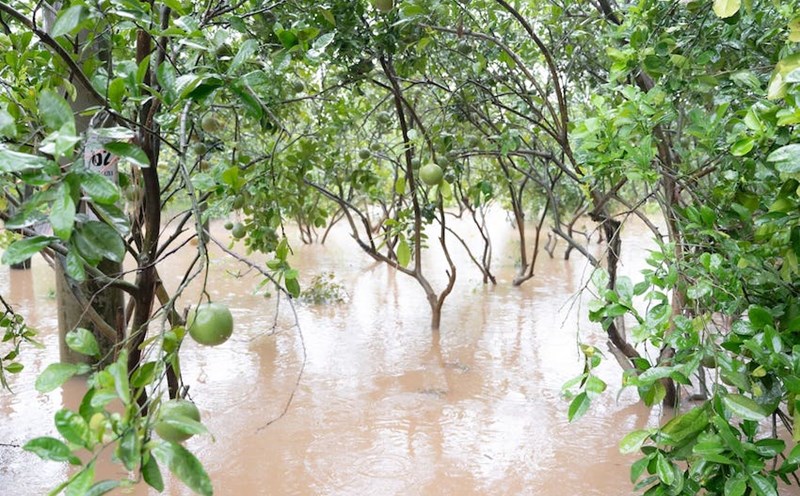While the eastern region focuses on developing industry, logistics and technological infrastructure, the western Gia Lai is planned to form large-scale crop growing areas, associated with deep processing, serving exports.
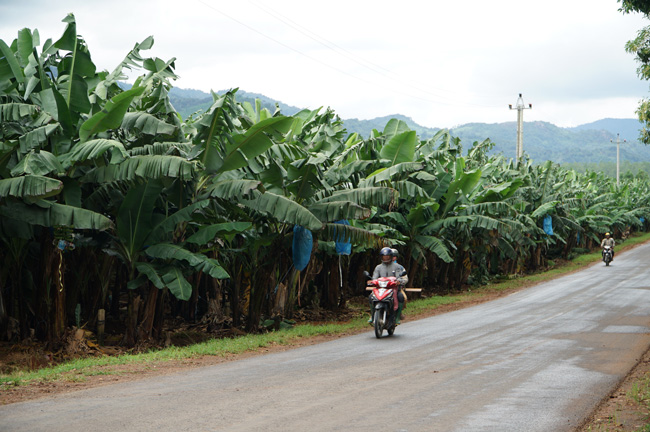
Mr. Pham Anh Tuan - Chairman of Gia Lai Provincial People's Committee affirmed: "Western Gia Lai is a fertile basalt land, with conditions for developing many key agricultural crops with high export value such as coffee, durian, passion fruit, bananas... With an abundant labor force, this land will definitely not be poor".
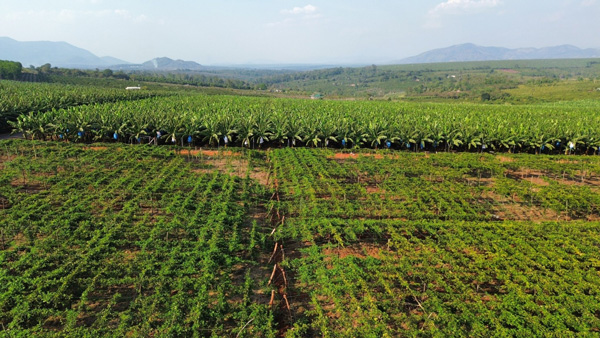
In recent years, many large areas of agricultural land in Western Gia Lai have been quickly covered with green by South American banana trees. Thousands of tons of bananas have been exported to many demanding markets such as China, Japan, Korea, Europe, the US and Qatar. Bananas are popular, consumed strongly, bringing high profits to businesses.
Mr. Doan Nguyen Duc - Chairman of the Board of Directors of Hoang Anh Gia Lai Joint Stock Company said: "We are focusing on the agricultural sector. In Gia Lai alone, the enterprise has developed more than 3,000 hectares of bananas and 300 hectares of durian to meet GlobalG.A.P international standards. The pig farming system with a capacity of 500,000 pigs also applies a closed-ring model, taking advantage of classified bananas as feed.
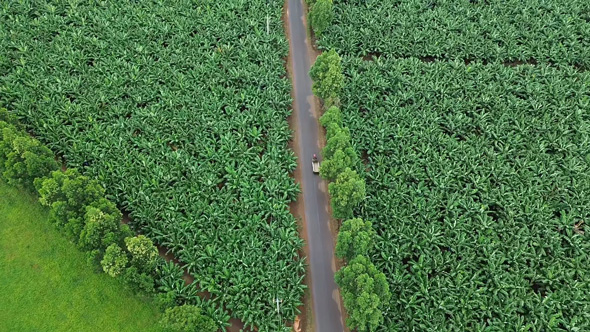
According to experts, for Gia Lai agriculture to develop and attract potential and strong investors, it is necessary to: Forming a concentrated raw material area with clear planning of key trees.
Gia Lai ensures a large-scale cultivated area, with a full irrigation system, avoiding the situation of broken, small-scale production. The enterprise also recommended that Gia Lai province soon issue a policy to attract long-term and stable investment, avoiding moderate changes that pose risks to investors.
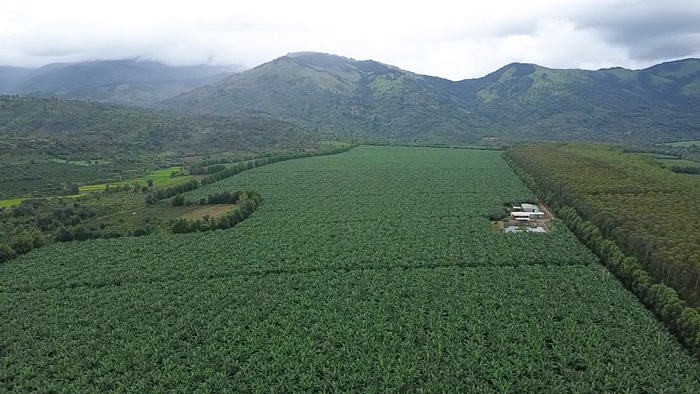
To meet economic growth, the province is focusing on investing in synchronous transport infrastructure to facilitate agricultural exports. The connection system includes National Highway 1A, National Highway 14C, the North - South expressway in the East, Quy Nhon station (under restoration), and a high-speed railway plan using renewable energy.
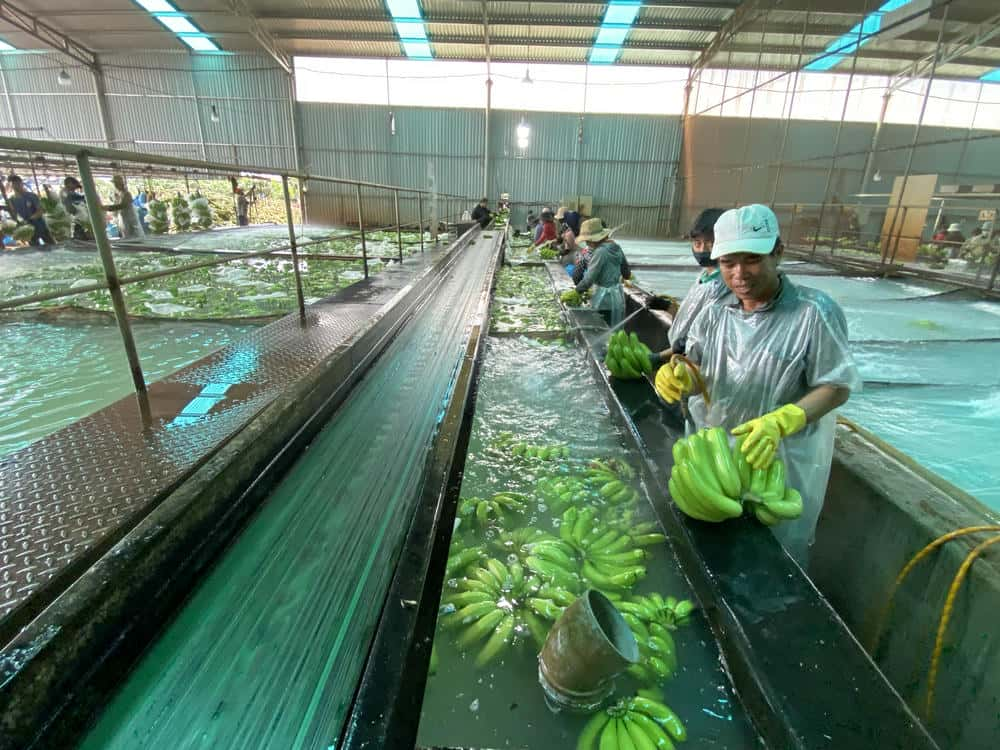
In particular, the Quy Nhon - Pleiku expressway (125 km) expected to start construction in October 2025 will become a vital axis, connecting industrial parks, seaports, border gates, airports, and expanding domestic and international agricultural trade.
Gia Lai's main export products are agricultural products such as: coffee, rubber, cassava, pepper, wood products, bananas, passion fruit... which are present in about 50 countries. Some product lines have met high quality requirements in markets such as the US, Europe, and Japan. A typical example is coffee, with an average export turnover of 300 million USD/year.



